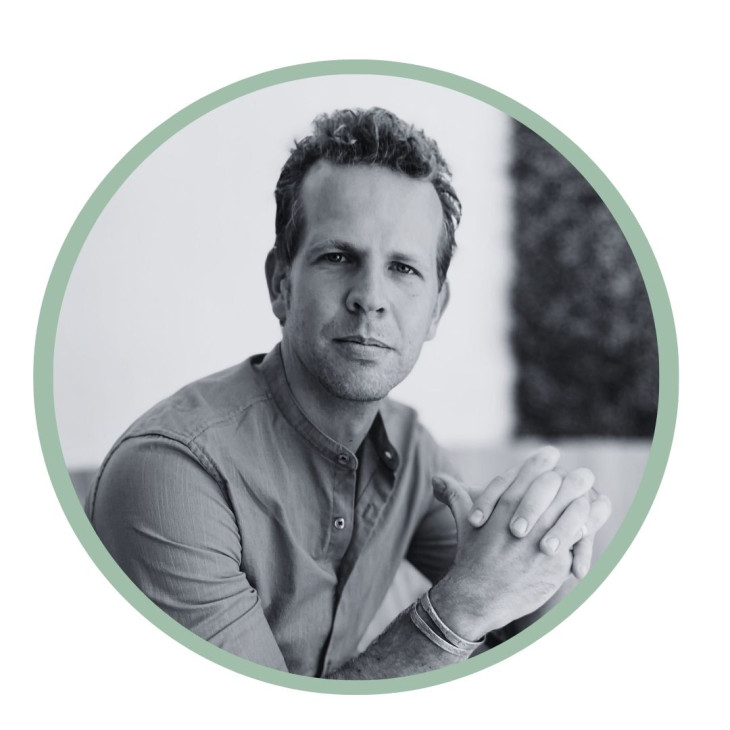By Alexandre Le Breton, head of the ICRC’s mission in Panama
Nobody is ready to cross the Darien Gap. Nobody is ready to trek through the jungle for days, facing unavoidable dangers and finding dead bodies along the way. Nobody is ready to cross rivers with the very real fear of losing their children. Nobody.
The Darien Gap is a dense and dangerous jungle that lies between Colombia and Panama and an area that is rife with humanitarian challenges. It is sometimes referred to as a “green hell”. Amidst the lush greenery, desperate and dangerous situations unfold for people fleeing violence and persecution. Hope and fear drive these people to cross borders in search of a better future.
In 2023, a record number of migrants – over 500,000 people from around 30 different nationalities – crossed the Darien Gap. The number of people using this jungle as a migration route has increased significantly in recent years. Last year’s figure is almost double the number of people that made the crossing in 2022 and less than a decade ago, that figure was as low as just a few thousand.
This testimonial from Joel, a Venezuelan migrant, sheds some light on the traumatic situations that people experience when crossing the Darien Gap:
To tell you the truth, 80% die and 20% live. I’m not going to say that it’s easy and that everyone should do it, but if I could do it, then so could they. It is really dangerous though. I swear, it’s the worst thing I’ve been through in my life – something I’ll never forget. It’s awful. I almost drowned and so did my daughter. If somebody hadn’t helped me, I would have drowned. In the jungle, my friend had his bag stolen, which had his money and his phones inside. There is nothing here, absolutely nothing. There’s nothing until you get here [Bajo Chiquito]. The rest is just water and rainforest.
Our teams in the field hear many heartbreaking accounts from migrants about the dead bodies they come across along the way, which are sometimes in an advanced state of decomposition. Parents have told us that the most difficult part of their journey has been walking past these bodies while carrying their children in their arms. Some children are really affected by what they have seen and smelt along the way, so much so they do not speak for days or even weeks on end. Meanwhile, for every migrant that dies or goes missing, there are relatives suffering from the emotional turmoil of not knowing where their loved ones are or what has happened to them.
Given these circumstances, the International Committee of the Red Cross (ICRC) is working to prevent people from going missing and we are giving authorities forensic advice to help them recover remains, which is not an easy task given the Darien Gap’s harsh environment. We are also helping organizations to ensure the remains of individuals who have died are handled with dignity and properly managed. This work is really important in helping to identify the deceased and to potentially return their remains to their loved ones.
We are working with the Red Cross Society of Panama to help migrants get in touch with their relatives when they have lost contact with one another. When migrants make it out of the Darien Gap, a simple message can provide real relief to people who haven’t heard from their loved ones for several days. This is part of our work to keep families together and prevent people from going missing.
The scale of the humanitarian crisis – in terms of both the number of people and the severity of the risks they face – means that an urgent response is required. It is really important that migrants’ countries of origin, transit and destination allocate the necessary resources on a national level to prevent migrants from going missing or dying in the Darien Gap. These countries also need to cooperate with one another in order to find missing people systematically, effectively and quickly.
We are working to strengthen the process of searching, identifying and safeguarding the remains of deceased migrants so that they can be returned to their families in coordination with the authorities of other countries.
In accordance with their international obligations and commitments, states must protect migrants and they must find, recover, identify and manage remains in a dignified and professional way, using best forensic practices and internationally accepted standards. Every person that dies or goes missing in the Darien Gap is a reminder of the immense challenge we are facing and the need for a humanitarian response to protect the lives and the dignity of migrants.
In 2023, more migrants than ever before risked their lives to cross the Darien Gap. Therefore, it is really important we remain focused on our shared responsibility to protect migrants, respond to their humanitarian needs and treat them with dignity. The humanitarian challenges are significant and all the different people involved need to work together to overcome them. We are committed to helping victims and authorities address the complex issues of migration and to ensure that every person is treated in a humane, dignified and safe way.
We acknowledge Source link for the information.




